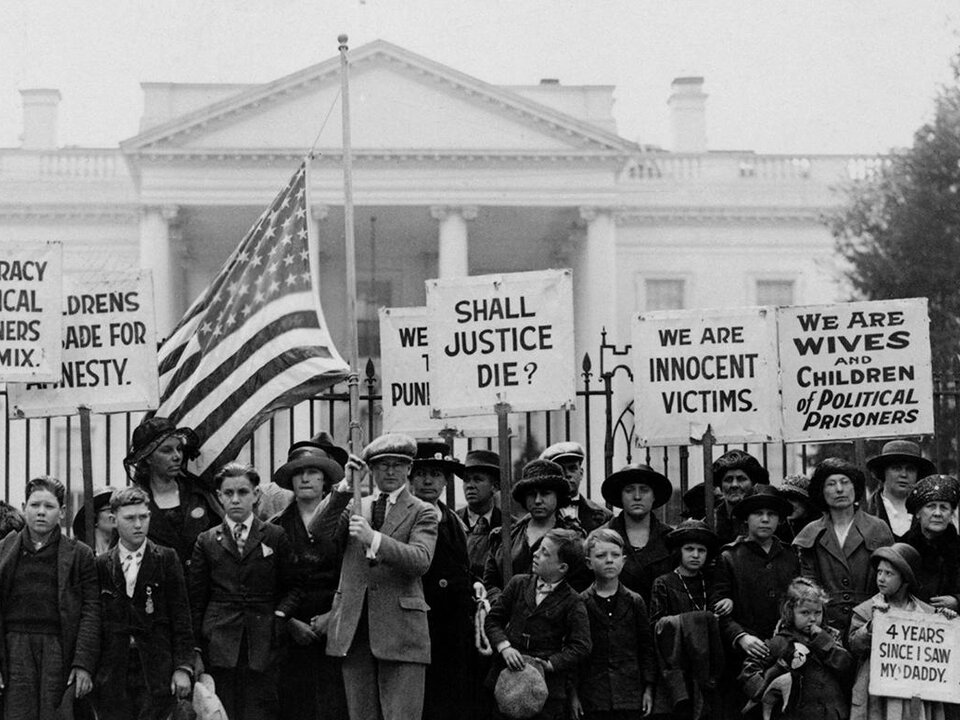
This course examines the foundations of speech as a democratic principle, investigating diverse perspectives on dissent, rhetoric, and the law, including sedition, fighting words, hate speech, obscenity, academic freedom, the free press, protest and free assembly.
This course investigates the law from a “rhetorical” perspective, meaning that we are primarily interested in how the law is both symbolic (how the law articulates, represents or fails to represent our collective interests) and juridical (how the law attempts to govern the speech act and symbolic expression). We will examine the historic and contemporary role of free expression in American society and its troubled relationship with the law.
What to Expect
Students will learn to articulate the legal, historical, and rhetorical importance of speech in a democracy; understand key court cases, legal precedents, and histories of free speech law; Apply legal and rhetorical principles to free speech issues, case studies, and concepts; and explain the value of free expression in public and professional contexts.
Dr. Casey Kelly
T/R 2:00-3:15